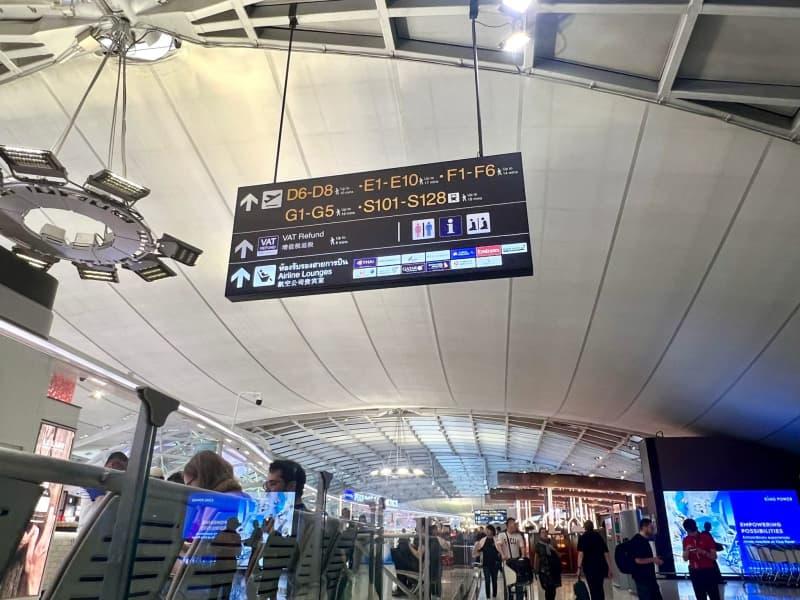Intense Market Competition
BYD’s Dominance Pressures Smaller Brands
Thailand, Southeast Asia’s top electric vehicle (EV) market, faces growing strain from China’s fierce EV rivalry as of July 4, 2025. Dominant player BYD, commanding a 49% market share in 2023, overshadows smaller brands like Neta, which struggle to compete. With Chinese brands holding over 70% of Thailand’s EV market, the influx of 18 Chinese automakers has intensified price wars, threatening Thailand’s goal of 30% EV production by 2030.
Struggling Automaker Neta
Incentive Program Hurdles
Neta, a Chinese EV brand entering Thailand in 2022, exemplifies the challenges of meeting the government’s stringent incentive program. This scheme, offering import duty exemptions, required matching imported vehicles with local production in 2024. Neta’s inability to meet these targets led to withheld government payments, as reported by Excise Department official Panupong Sriket. With Thailand attracting $3 billion in Chinese EV investments, such setbacks highlight risks for smaller players.
Dealer Frustrations Mount
Financial and Service Woes
Neta’s struggles have sparked discontent among its Thai dealers, with 18 filing complaints over unpaid debts exceeding 200 million baht ($6.17 million). Issues include missed payments for showroom construction and after-sales support, prompting dealers like Saravut Khunpitiluck to halt orders and pursue legal action. Social media posts reflect growing consumer frustration with Neta’s maintenance issues, impacting 4% of EV registrations in early 2025.
Market Share Decline
Neta’s Slump Amid Price Wars
Neta’s market share in Thailand dropped from 12% in 2023 to 4% in 2025, with registrations falling 48.5% year-on-year, per government data. Competitive pricing, like Neta’s V-II Lite at 549,000 baht versus BYD’s Dolphin at 569,900 baht, fails to offset BYD’s scale advantages. Thailand’s sluggish economy, with a 1.7% GDP growth forecast for 2025, amplifies price cuts, with some brands slashing rates by over 20%.
Thailand’s EV Vision at Risk
Policy Adjustments and Extensions
Thailand’s “30@30” plan aims for 30% EV production by 2030, transitioning from its Japanese-dominated auto industry, led by Toyota and Honda. The government extended the 2024 production deadline to 2025, raising the local production ratio to 1.5 times imports to avoid fines. This adjustment, driven by a sales contraction, reflects efforts to prevent oversupply, but Neta’s bankruptcy filing by its parent, Zhejiang Hozon, signals deeper vulnerabilities.
Broader Industry Pressures
Geopolitical and Economic Challenges
External factors, including geopolitical tensions and potential tariff hikes, exacerbate Thailand’s EV sector challenges, per Siamnat Panassorn of the Electric Vehicle Association of Thailand. While he views Neta’s issues as company-specific, analysts like Ben Kiatkwankul urge policymakers to reassess incentives. With 50% of Thailand’s auto output exported, sustaining the EV push is critical for the “Detroit of Asia” to maintain its regional hub status.








